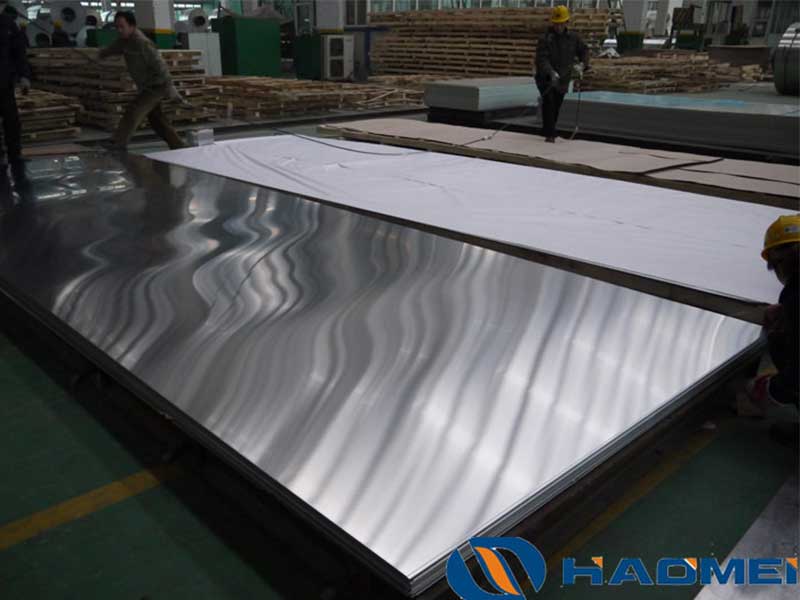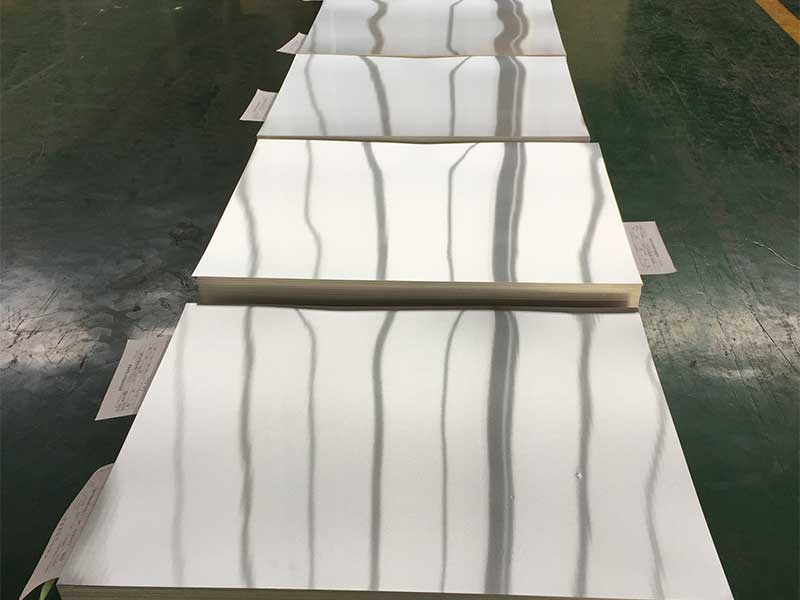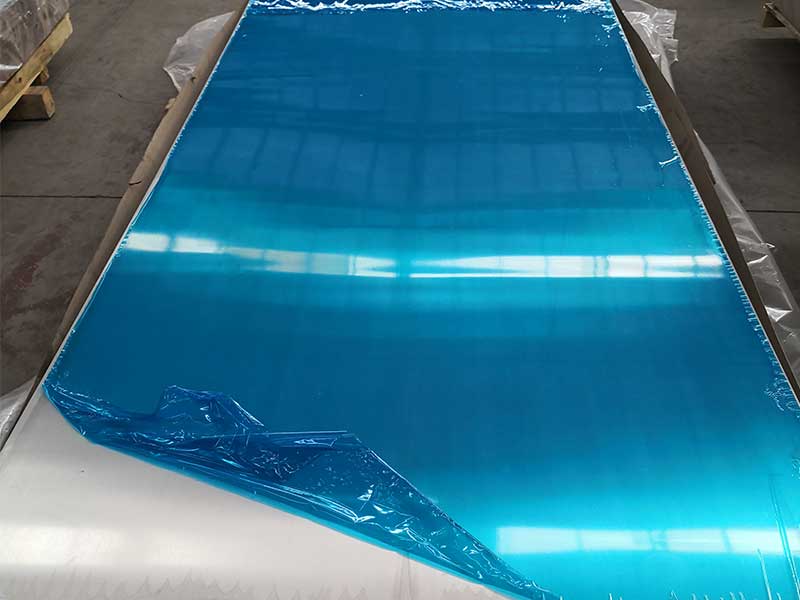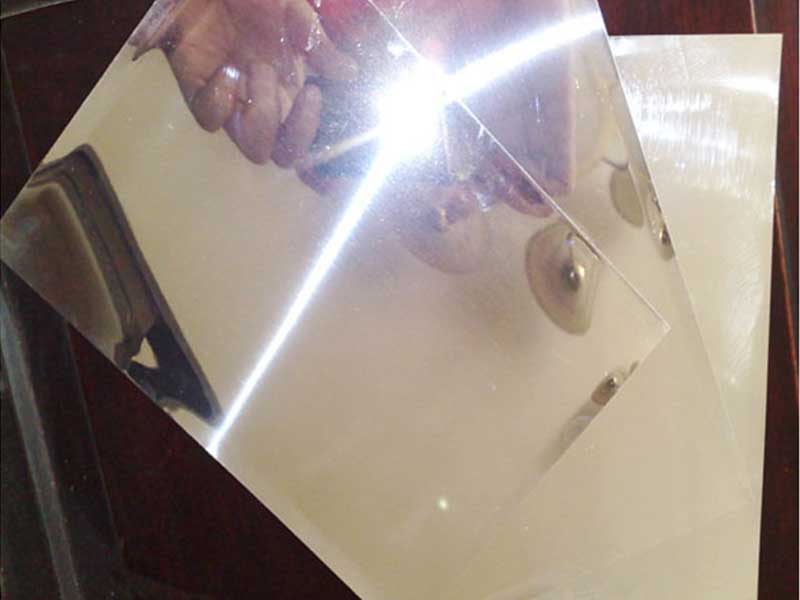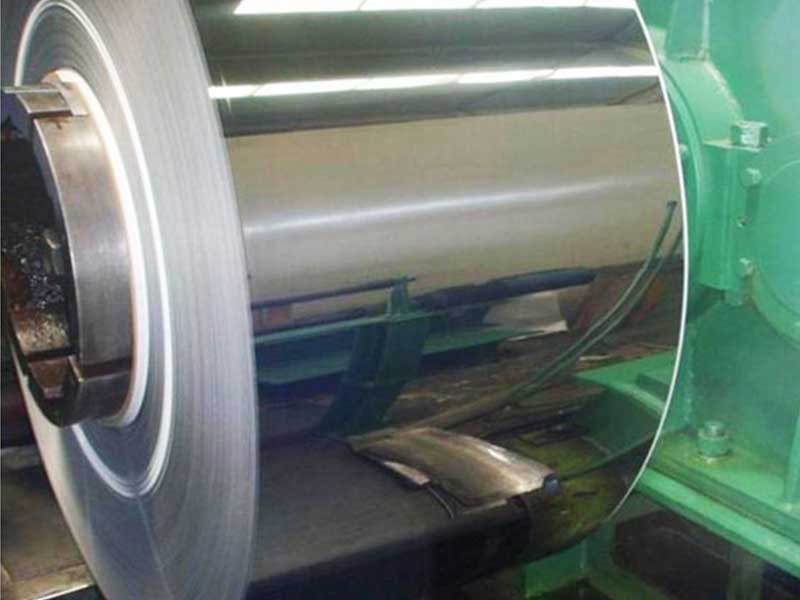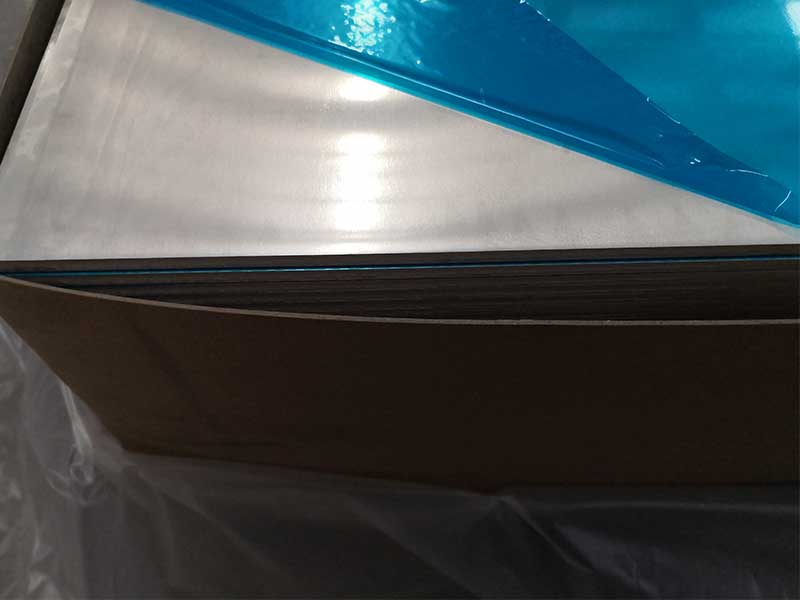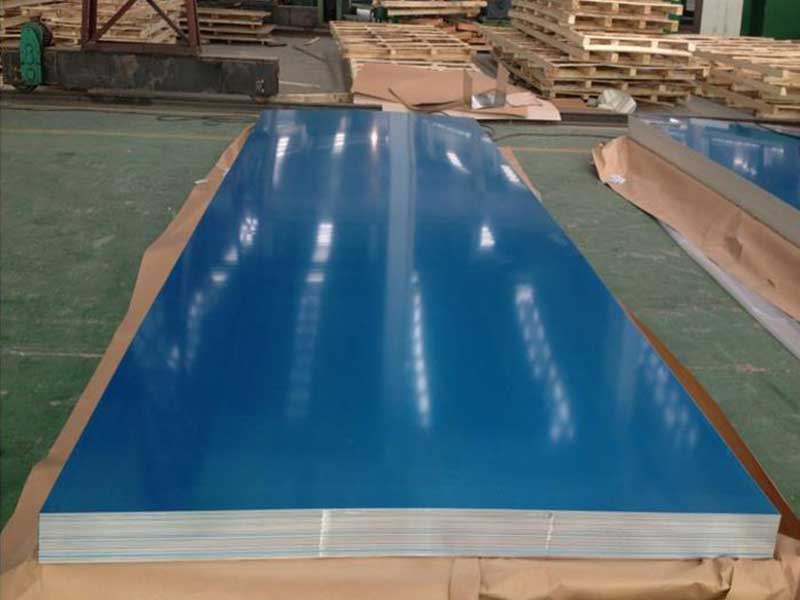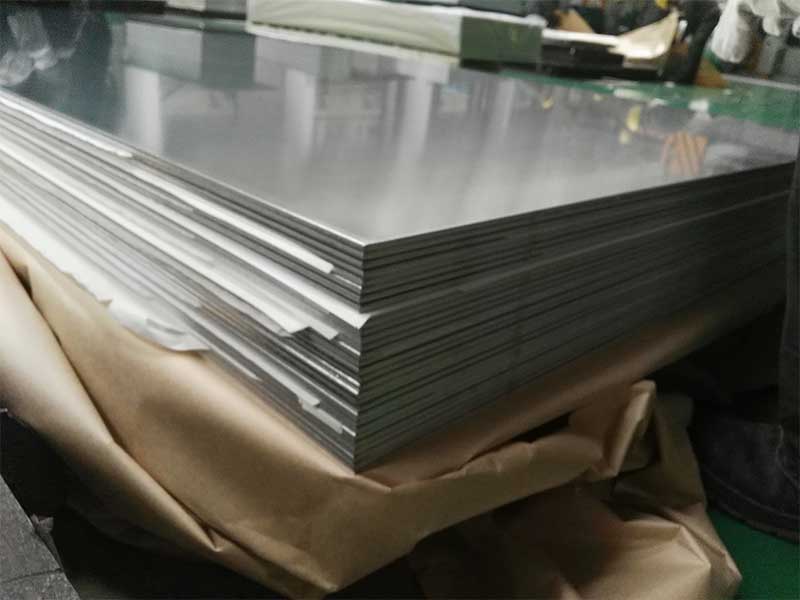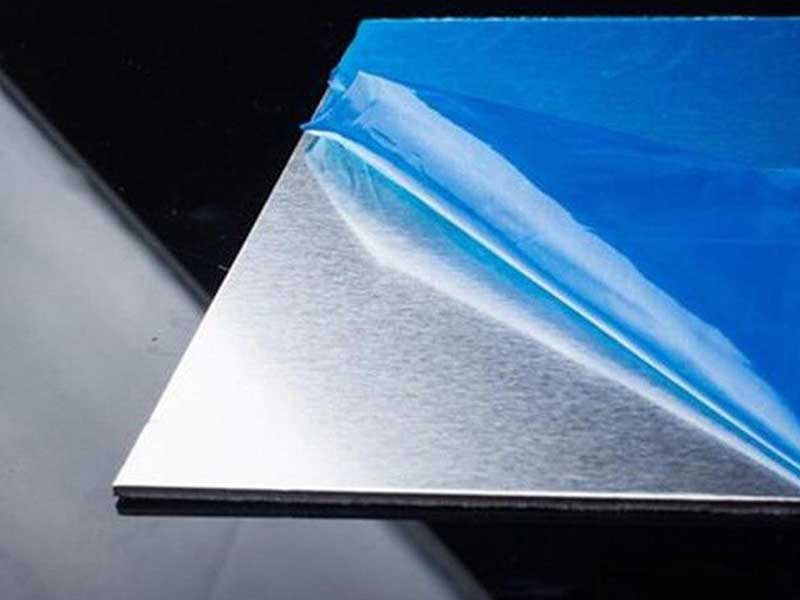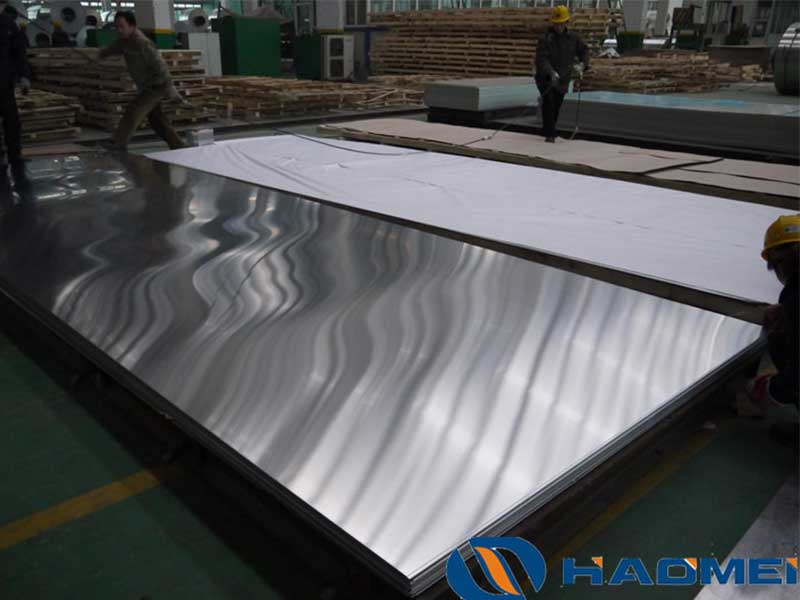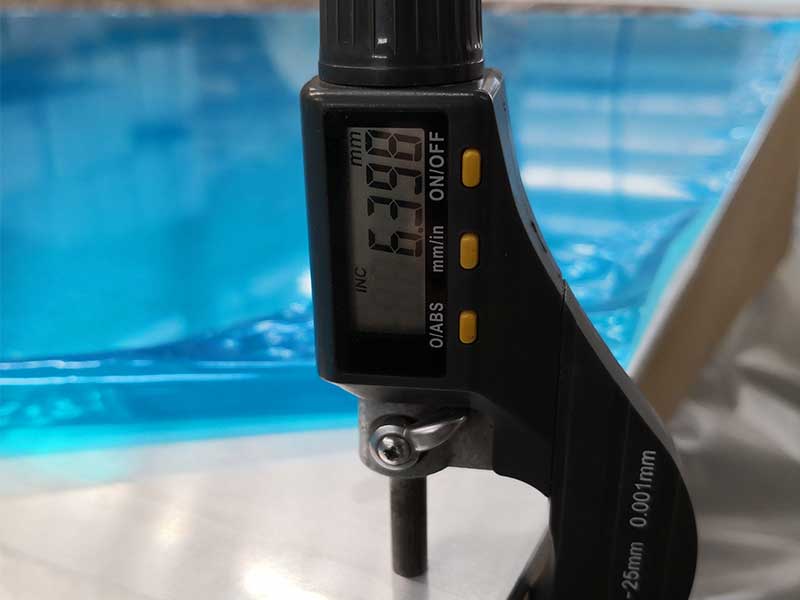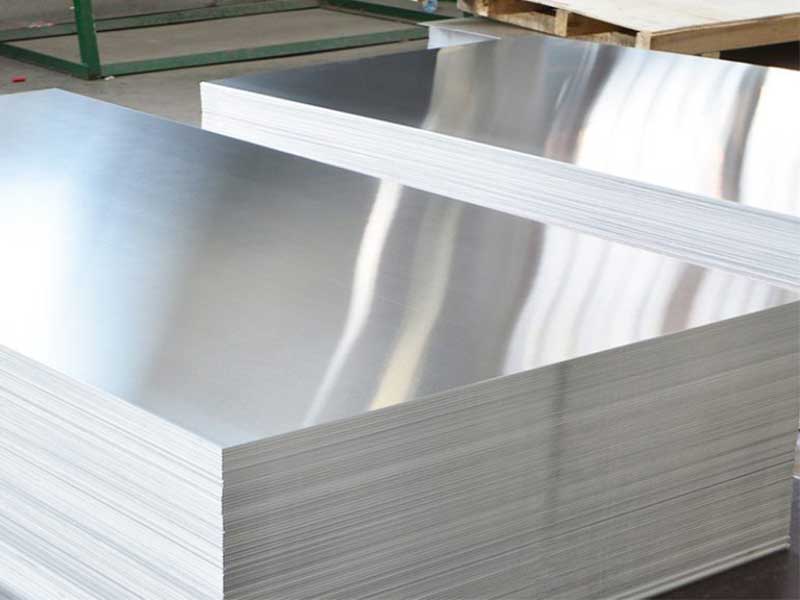2024-09-26 https://www.aluminum-coils.com/a/aluminium-sheet-grade.html
Aluminium, renowned for its lightweight and durable characteristics, plays an essential role in various industries. Among its many forms, aluminium sheets are particularly popular. The grade of aluminium sheets can significantly impact performance depending on their individual features and applications. In this article, we will discuss various aluminium sheet grades, highlighting their unique features and respective applications.
What is Aluminium Sheet Grade?
Aluminium sheet grades are categorically defined based on their alloying elements and properties. These grades ensure the right formulation is used for different manufacturing or construction tasks. Generally, aluminium grades are identified by a four-digit numerical designation ranging from 1000 to 7000 series. Each series showcases unique attributes suitable for selective applications:
-
1000 Series (Commercially Pure Aluminium): This includes the purest forms of aluminium, possessing over 99% aluminium content. It boasts excellent corrosion resistance, high thermal conductivity, and electrical conductivity, making it ideal for electrical applications.
-
2000 Series (Aluminium-Copper Alloys): Noted for its high strength, this series includes alloys like 2024, primarily used in aircraft structures due to its resistance to stress and fatigue.
-
3000 Series (Aluminium-Manganese Alloys): Featuring good corrosion resistance and formability, this series is staple in the packaging industry, particularly for food and beverage containers.
-
4000 Series (Aluminium-Silicon Alloys): Known for its wear resistance, this grade is often utilized in automotive and welding applications.
-
5000 Series (Aluminium-Magnesium Alloys): With excellent corrosion resistance and aesthetic finishes, these alloys are widely adopted in marine applications, creating strong marine-grade products.
-
6000 Series (Aluminium-Magnesium-Silicon Alloys): This versatile grade is favored for structural applications. It combines good corrosion resistance with medium to high strength, making it ideal for construction, bridges, and framework.
-
7000 Series (Aluminium-Zinc Alloys): Primarily used in aerospace and sporting equipment, these grades provide extraordinary strength but are limited in terms of welding.
Features of Aluminium Sheet Grades
Understanding the features of aluminium sheets can guide manufacturers and engineers in selecting the appropriate grade for their designs. Highlights include:
-
Weight-to-Strength Ratio: Aluminium sheets offer significant strength while maintaining a lightweight characteristic, particularly valuable in industries like aerospace and automotive, where minimizing weight is paramount.
-
Corrosion Resistance: Depending on the alloying elements, various aluminium grades offer good corrosion resistance, essential for outdoor applications and marine settings.
-
Malleability and Formability: Aluminium sheets are remarkably malleable, allowing them to undergo extensive shaping processes, making them perfect for fabrication into trellises, panels, and versatile components.
-
Thermal and Electrical Conductivity: Certain grades, especially the 1000 series, are excellent conductors, making them ideal for electrical applications and heat exchanger components.
-
Weldability: Although some grades have limitations, many aluminium sheets widely available can be easily welded or joined, great for custom structural frameworks.
Applications of Aluminium Sheets
-
Construction: The 6000 series and 5000 series aluminium alloys are commonly utilized for various structural elements, enhancing structural integrity without adding excessive weight.
-
Automotive: Lightweight and strong, aluminium sheets provide the best combination for parts that require augmentable strength at reduced weights contributing to fuel efficiency.
-
Aerospace Industry: Aluminium sheets from the 2000 and 7000 series provide strength that meets stringent aviation requirements for components like aircraft skins and frames.
-
Packaging: The good barrier properties of 3000 series aluminium make it suitable for packaging industries, particularly for food containers that demand durability and protection against corrosion.
-
Jewelry and Crafting: Lower grades with high malleability along with a splendid finish are advantageous for jewelry making, like using those in craftable elements.

